Heavy rains are still continuing in many places around the country, keeping the flooding situation on rivers like the Elbe and Rhine in a tense state.
The German Weather Service (DWD) now says heavy rainfall could continue well into Saturday, with the situation only easing on already hard-hit areas from Sunday on. Several towns have been evacuated and local transport disrupted in some places. Here are the areas seeing the biggest effects.
North Rhine-Westphalia
Germany’s most populous state, containing the Rhine River, is also expected to get the most rain over the weekend, with a particularly large deluge forecast for the Bergisches Land all the way to the Harz mountains.
Several smaller towns along the Rhine have already been evacuated and authorities say more could follow. Water has already overflowed the banks of the Rhine onto sidewalks in Düsseldorf.
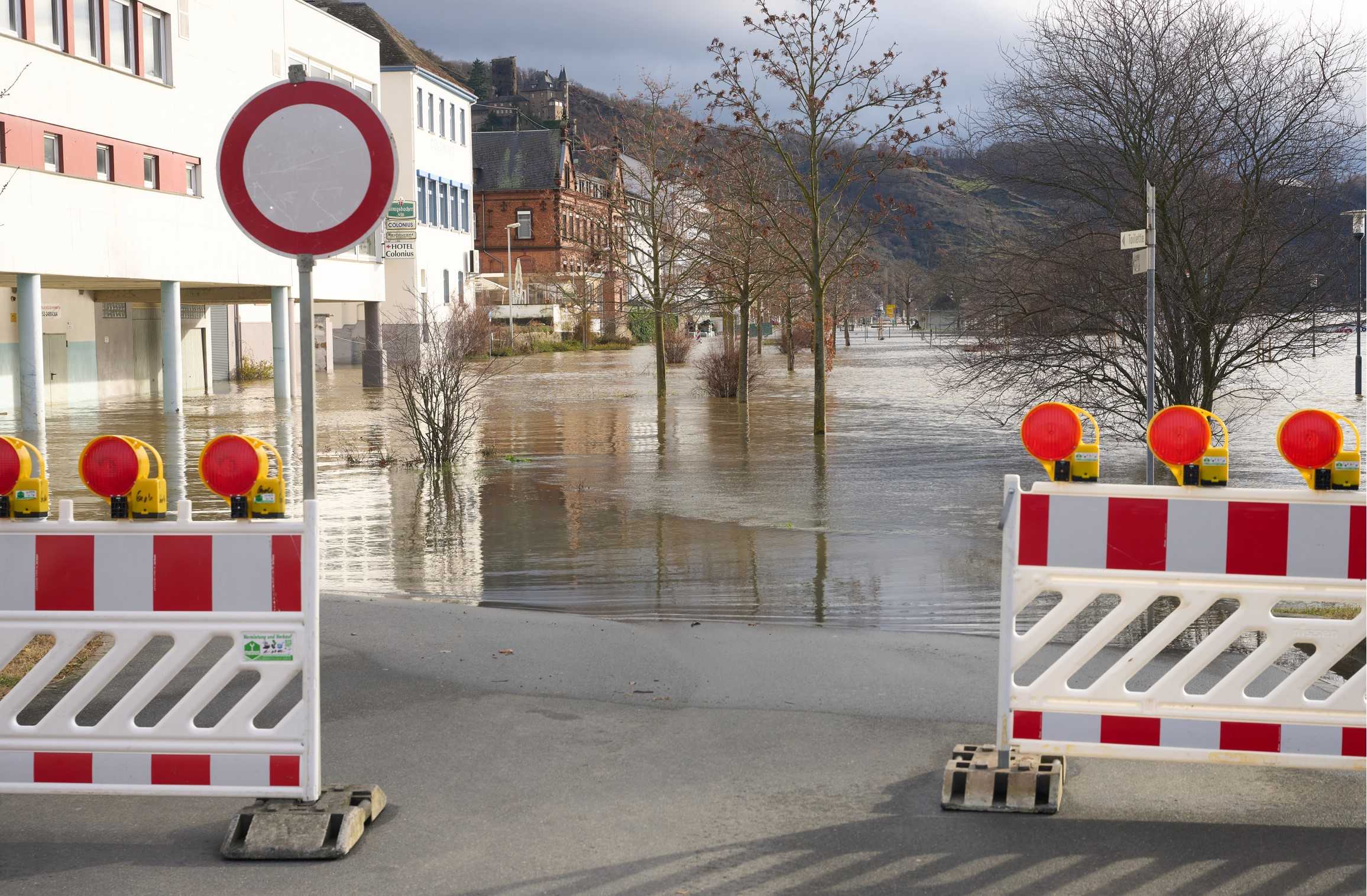
While water levels in NRW have decreased slightly, authorities say the new rain in the forecast could send them higher yet again.
Lower Saxony and Bremen
Six municipalities in Lower Saxony, including the City of Oldenburg, have declared emergency events. Several smaller towns remain evacuated, including Lilienthal close to Bremen. That town, right on the outskirts of Bremen, was evacuated after a dike protecting it broke.
The situation is particularly tense in towns on the rivers Aller, Leine, and Weser – and several small settlements remain evacuated.
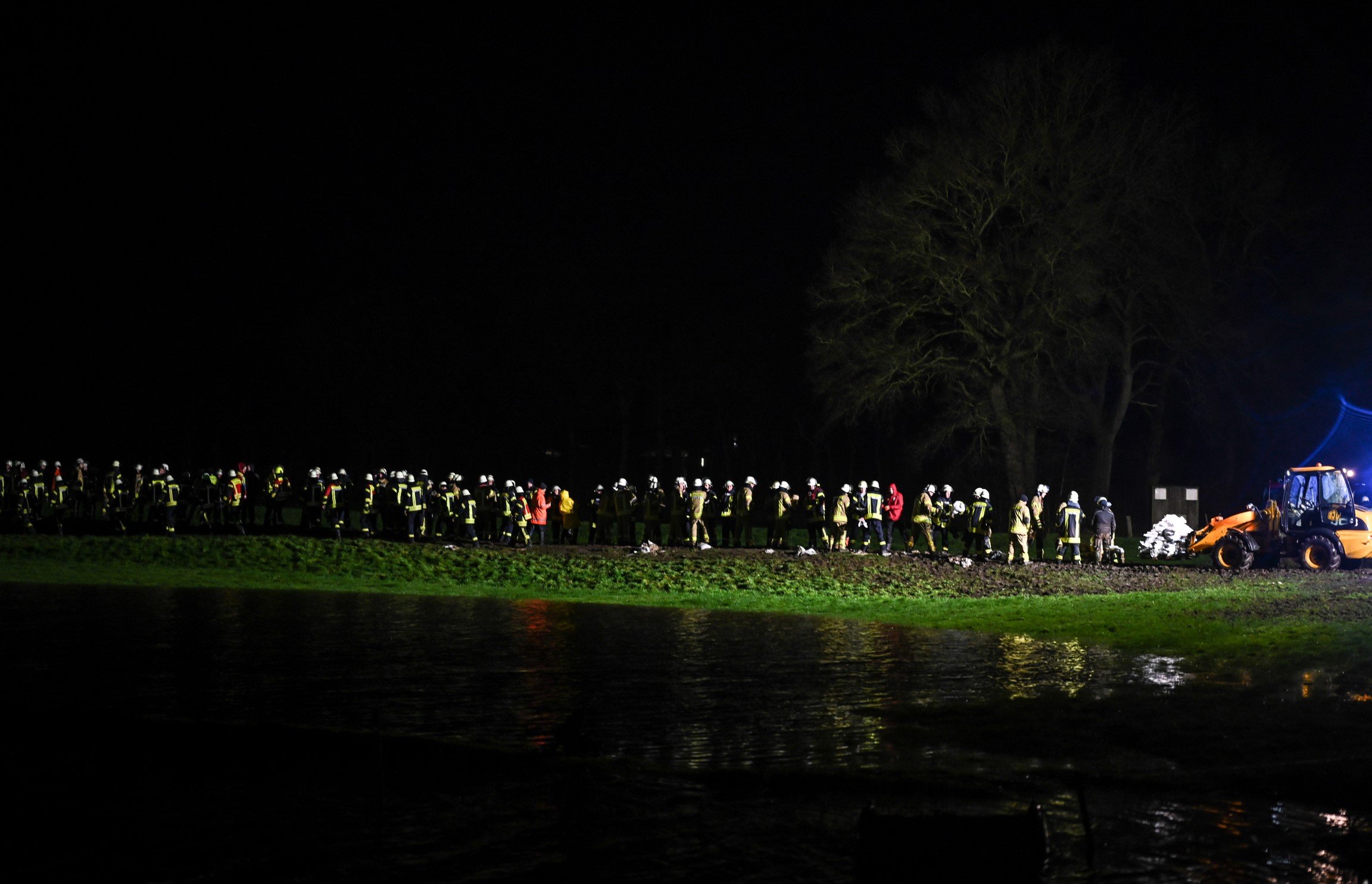
Authorities in Lower Saxony say they are on high alert, with relief workers on standby. Around 100,000 workers and emergency crews are on alert in the state. Federal Police and the military are also coming in to help reinforce dikes in Lower Saxony Friday.
The forecast for Bremen, meanwhile, is slightly less severe, with lighter showers in the forecast versus the heavier rain slated to come further south in NRW or east in Lower Saxony. However, some parts of the city remain without electricity, including the Timmersloh district.
Some relief in eastern Germany
After a tense few days, the situation has eased somewhat in Saxony, Saxony-Anhalt, and particularly in Thuringia.
Most flood warnings in Thuringia have been lifted. Parts of Saxony-Anhalt remain on alert, but the situation has eased somewhat since a weir near Magdeburg was opened to allow some of the Elbe’s waters to be diverted in a canal around Magdeburg.
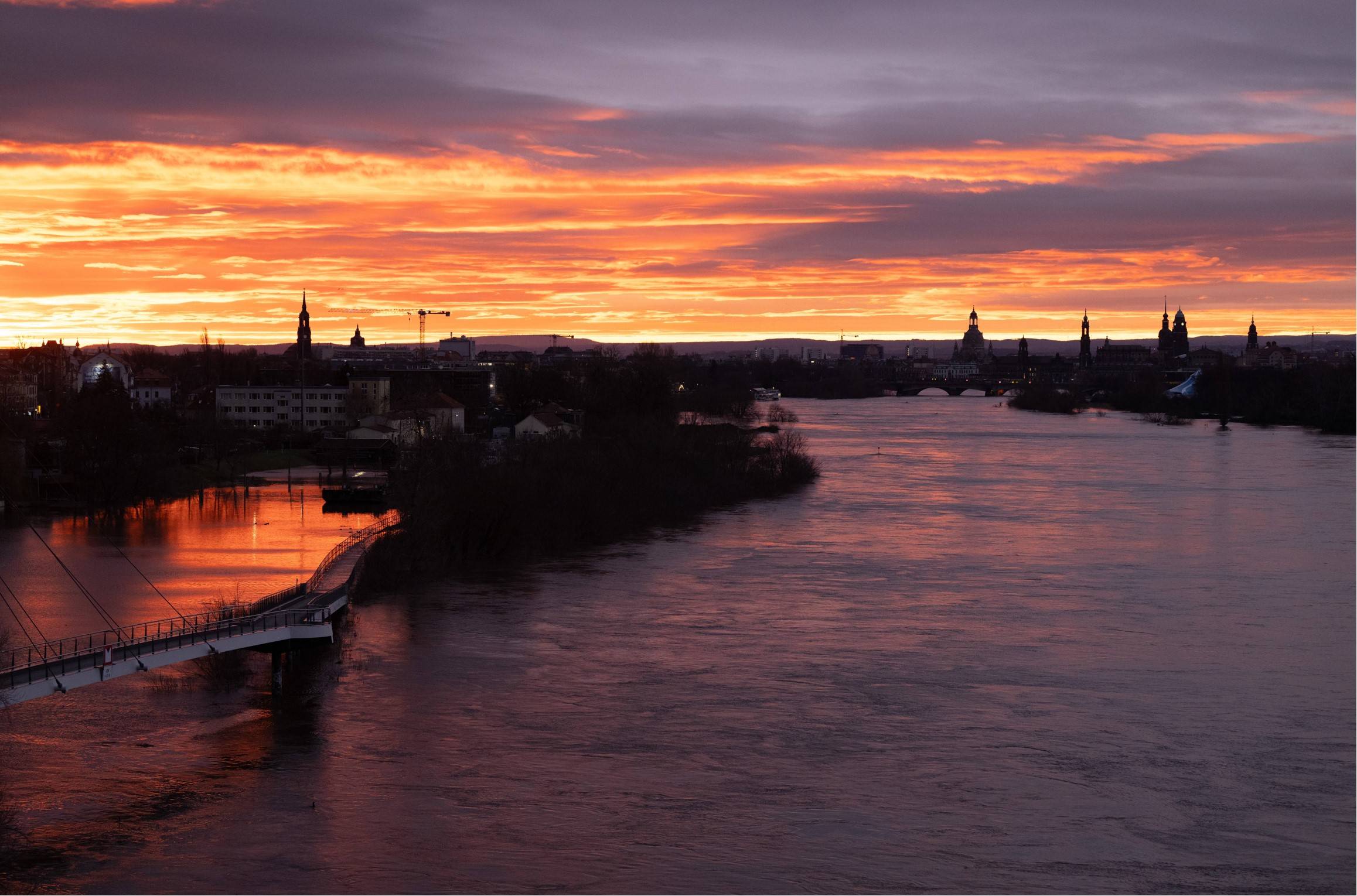
In the meantime, the Elbe in Dresden – which hit six metres when two is normal – has once again receded to below six metres. Authorities there expect to be able to gradually reduce alert levels in and around the city over the weekend.

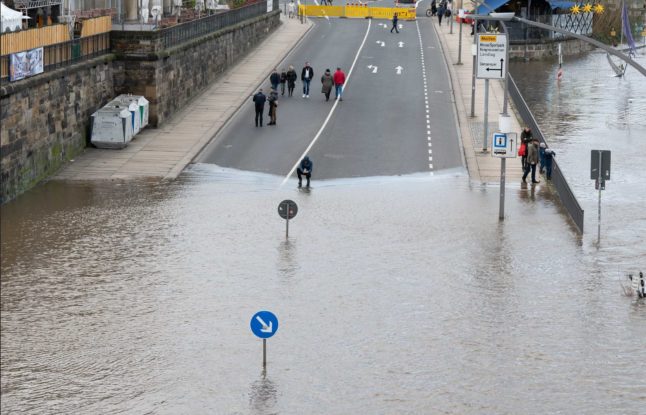
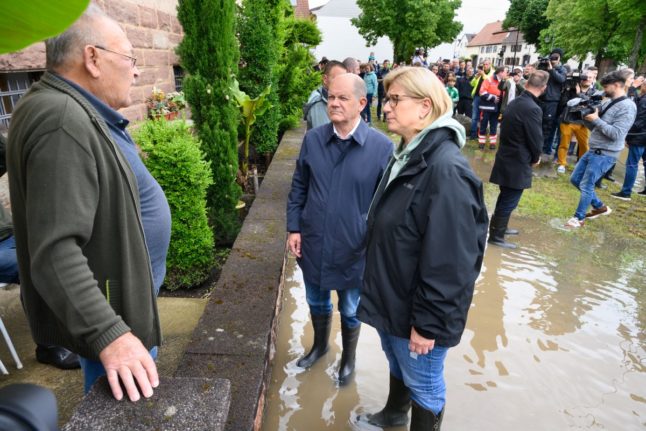
 Please whitelist us to continue reading.
Please whitelist us to continue reading.
Member comments